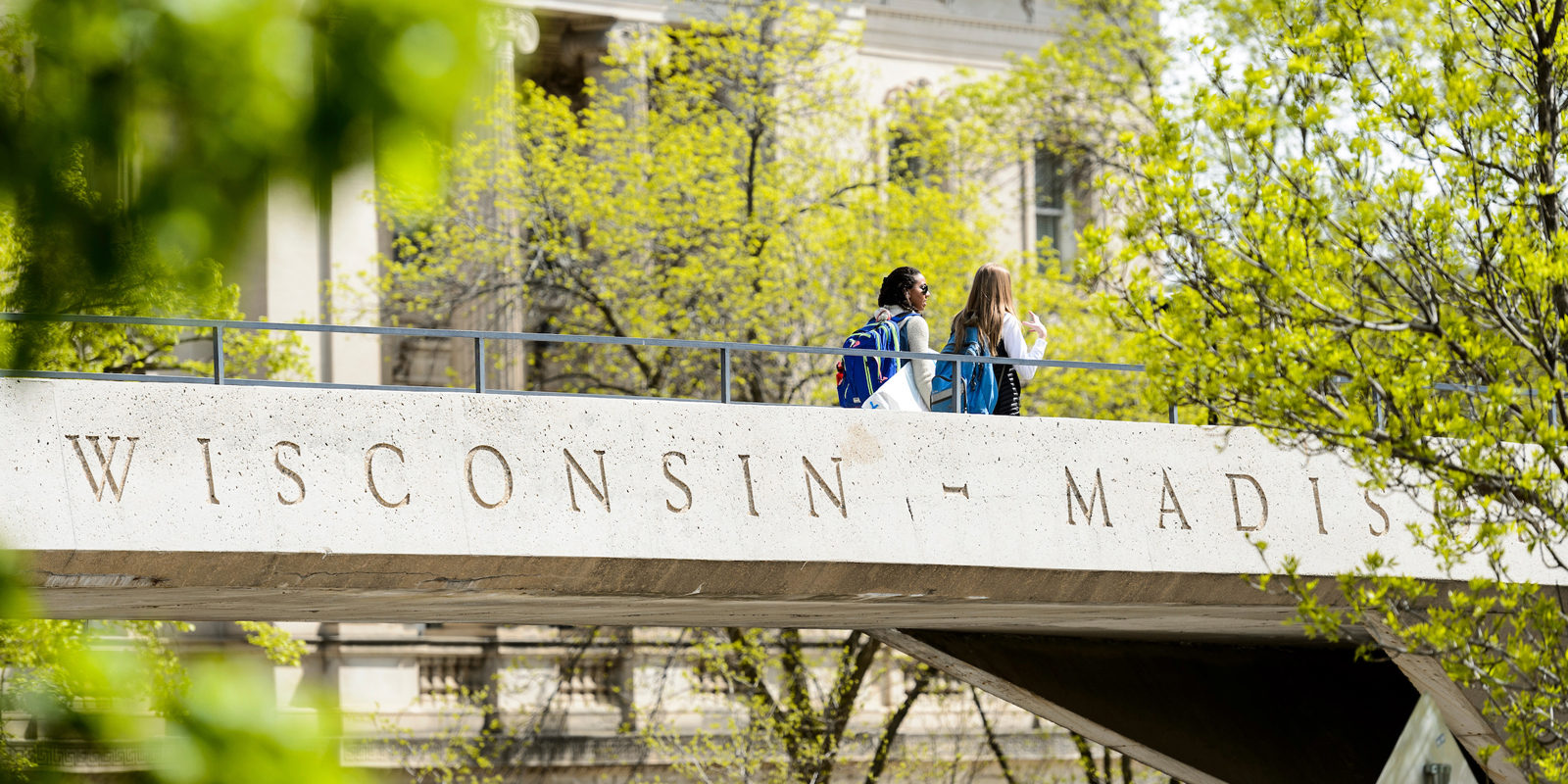
|
Learning Forward: Support to Start the Semester Strong
This issue shares research and expert insights on:
- Getting to know your students
- Helping students connect with each other
- How to build trust, intervene early, and communicate transparently
|
|
|
|
|
|
Are you excited for the semester? Feeling more nervous? Immediately helping students connect with you, other students, and your course content can help those who are eager and energized as well as those who feel apprehensive.
Effective strategies are to:
- Facilitate early activities that center student knowledge and connection
- Monitor student engagement and progress early.
|
|
|
|
How can you get to know your students? Research shows small actions like learning student names and facilitating icebreakers can have a big impact.
|
|
|
|
|
|
Teaching Tips from Experienced TAs
Teaching Mentors serve as facilitators at the annual L&S Fall TA Training event and provide mentorship throughout the semester. Those selected to be Teaching Mentors have a proven track record of excellence as educators and a strong desire to share their experience and mentor TAs.
This Week's Teaching Mentors:
Morgan Henson is a PhD Candidate in Sociology.
Lesley Stevenson is a PhD Candidate in Communication Arts.
|
|
|
|
Setting Expectations with Morgan Henson
"Setting expectations on the first day can be nerve-wrecking. You’re in charge, you want things to go smoothly, but you also want your students to respect you, each other, and the material. The best thing to remember is that this space is shared by everyone. Expectations are created to ensure that things go smoothly for everyone: you and the students. We all have different experiences and ideas about how things should work; but as long as we remember that expectations help maintain respect for everyone, they become more acceptable for all."
|
|
|
|
Being a First-Semester TA with Lesley Stevenson
"So this is your first rodeo? Welcome! I want you to remember two things: first, take it one week at a time. You only need to be a week (or maybe a day!) ahead of your students in the material. Second, your job is to facilitate student learning, not to know everything about the subject. If students ask a question you don’t have an answer to, be honest and show them how to find the answer. When you feel overwhelmed, focus on what’s immediately ahead of you and trust that your best effort is more than enough!"
|
|
|
|
|
|

|
Give, receive, interpret, and apply peer feedback to improve your teaching skills and confidence.
Improve your observation and teaching skills with the flexible and individualized Peer Observation Partners (POP). Participate in POP to build your teaching portfolio, connect with other L&S TAs, observe new teaching methods and styles, and improve your skills giving and receiving constructive feedback.
|
|
|
|
|
|
|
|
|
|
|